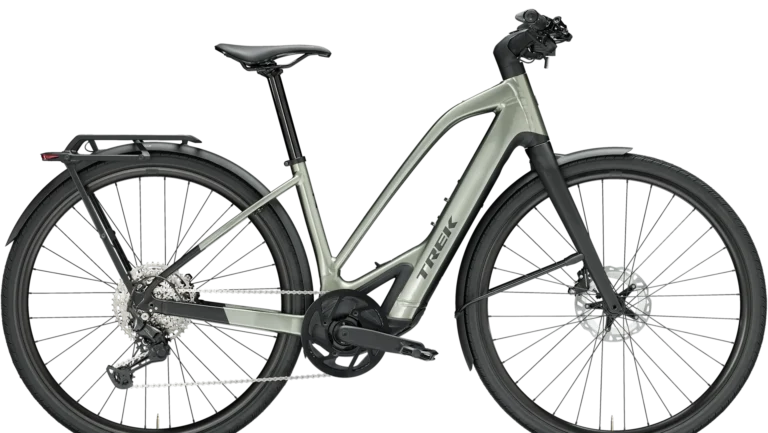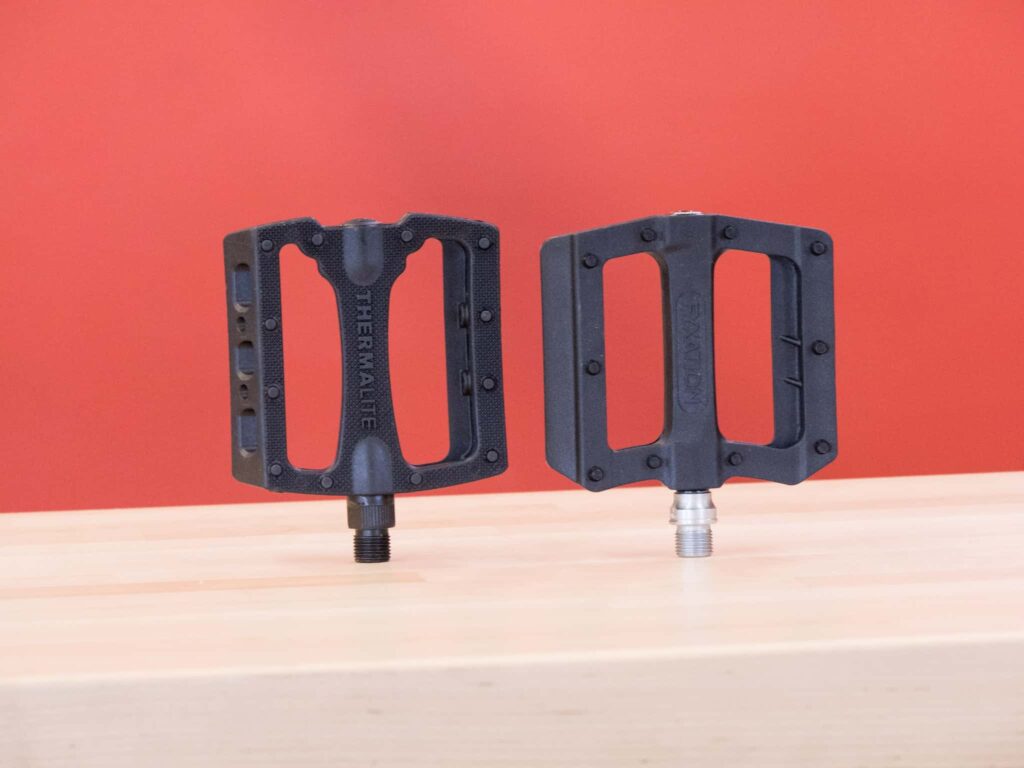This was originally posted to my community newsletter. Don’t receive them? Sign up!
Historically, Bosch eBike systems and Trek have been a pair running together for growing the electric bike market but that has started to change and could be an important market indicator for the growing US eBike market.
A couple of seasons ago, Trek added a few new price-conscious eBike models using a hub-based motor. I didn’t think too much about this as a sub-$2,500 city eBike is the market sweet spot, and it is difficult to achieve with a Bosch eBike system. In a change of tides, Trek has been releasing new higher-end eBikes using the TQ eBike system, including the new FX+ 7S premium $4k city eBike announced last week, using the TQ eBike system, which raised my eyebrows.
Immediate thoughts and questions:
• Is Bosch’s dominance slipping in the market?
• Does TQ have the service and parts supply to compete with Bosch for long-term customer care?
• Trek must see customer demand for the more premium city electric bikes. Their product managers have been told to consolidate product lines, yet they released an all-new model.
Why does this matter to you?
Until 2-3 years ago, Bosch didn’t have much competition here in the United States. They were the first ones with the UL-2849 eBike system certification and safety (they helped create the testing standard), they have the best North American support and after-market service, and any good bike shop worth your time is Bosch certified.
These days more and more eBikes are UL-2849 tested, and Bosch’s glistening reputation has taken a couple of hits due to a lack of inventory on critical replacement parts and new products like the Intuvia 100 having a ton of service problems.
Yes, Bosch is still the market leader, but the tides are turning.
Can brands like TQ push Bosch and the market to be more competitive? More competitors in the market mean that Bosch will need to step up, but also those competitors like TQ will need to match Bosch’s step with service and replacement parts.
I write all this hoping that eBike system competition will drive prices down and service options up to get more people on bikes and high hopes for the growing North American eBike market in 2025.



